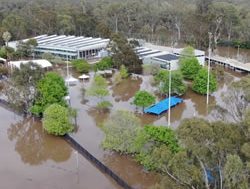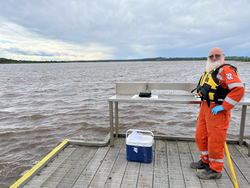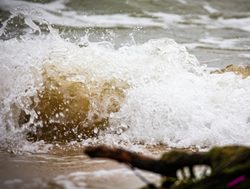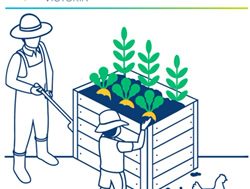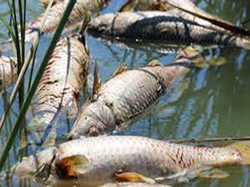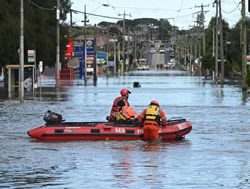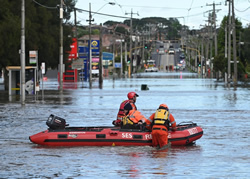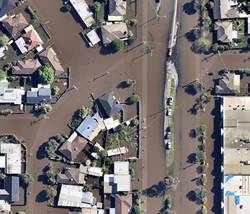 The Environment Protection Authority Victoria (EPA) is conducting enhanced soil and water testing in flood-impacted communities to support clean-up efforts.
The Environment Protection Authority Victoria (EPA) is conducting enhanced soil and water testing in flood-impacted communities to support clean-up efforts.
Chief Environmental Scientist at EPA, Mark Taylor said the initiative had already started in the flood areas of western Melbourne and was being rolled out across Victoria.
“By testing the flood water and soil we get a better understanding of any potential contamination issues, especially in those areas hardest hit by the floods,” Professor Taylor said.
“As part of the program, extra water quality monitors have been placed in the Maribyrnong River, with the monitoring data feeding into a dedicated Maribyrnong Watch page on EPA’s website,” he said.
He said E. coli results found in the Maribyrnong River had come back low, “however we know that flood waters carry a range of risks, including bacteria, so we recommend continuing to avoid contact with waters”.
Professor Taylor said EPA officers were going door to door to collect soil samples, with individual results to be given to property owners and the overall results to Councils to help inform their clean-up efforts.
“Soil samples will be collected and analysed for E.coli, trace elements such as metals and metalloids and organic chemicals such as PFAS and petroleum hydrocarbons,” the Chief Environmental Scientist said.
“We understand this is a difficult time for many Victorians and will continue to provide information that can be used to reduce the risks they face.”
He said EPA had launched its Beach Report and Yarra Watch advisory service early this year to give Victorians up-to-date advice on water quality, including access to an SMS alert system.
“Water quality in the bay in particular, but also many beaches around the southern and western Victorian coastline, has been badly affected by the flood and heavy rains,” Professor Taylor said.
“EPA always warns not to swim near drains, creek and river outlets for 48 hours after a heavy rain event.”
He said residents affected by a flood could obtain soil testing at their property by phoning EPA’s Contact Centre on 1300 372 842.


